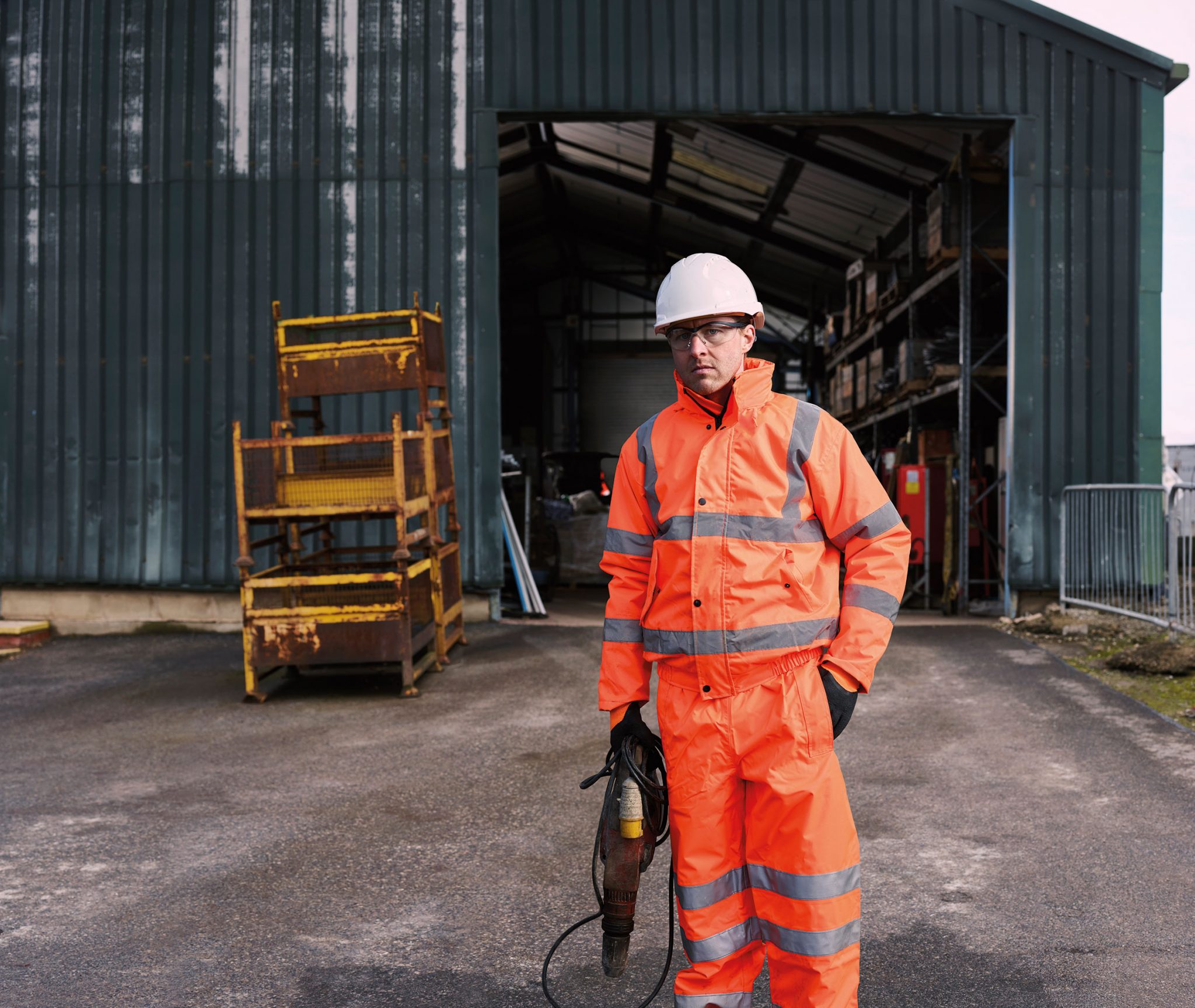88% in the sector are not able to speak openly with their line manager about how tiredness is impacting their performance at work
71% don’t believe there are clear health and safety regulations in place at work
Over a third say their mental wellbeing is reduce when they feel fatigued
New research* from the leading health and wellbeing provider, Westfield Health, has found more than one in ten (16%) employees in the construction industry have purposefully taken a nap at work, and over a third (37%) say their mental wellbeing is reduced due to tiredness and fatigue.
The study which examines how tiredness and feeling fatigued impacts on performance at work, also shows 88% of workers in the industry don’t feel confident in speaking with their line manager about how it is impacting on their performance.
Fatigue, which is defined as extreme tiredness resulting from mental or physical exertion or illness, is an epidemic which is stretching beyond work for employees in the construction industry, with 56% of workers saying it is affecting them at home too.
More than a third (37%) say they have lost concentration at work due to fatigue and tiredness, and almost half (44%) of employees in the construction industry regularly turn up to their jobs feeling too tired to work.
The effect of fatigue is broad with people admitting to making errors and being forgetful (37%), being short tempered with colleagues (34%), drifting to sleep (23%) and even drifting off whilst driving (18%).
Richard Holmes, Director of Wellbeing at Westfield Health said: “It’s extremely worrying to see how fatigue is impacting employees in the construction industry, especially given many roles involve operating and handling heavy machinery, and working on busy sites with high level of health and safety risks.
“It’s not just being overworked and lack of sleep that can cause us to feel fatigued. Extreme tiredness happens as a result of a number of factors including mental health and diet.”
So what’s the solution? 16% of employees in the industry believe their employer could do more to reduce the risk of accidents and mistakes at work due to stress. Currently 85% believe their colleagues, including management, do not understand the potential consequences of fatigue and lack of sleep and only 8% say their workplace would accept tiredness or fatigue as a genuine reason to call in sick.
Richard continues: “Fatigue and tiredness is an issue that employers and particularly line managers should not overlook. Employers in the construction industry need to ensure there are clear health and safety regulations in place around fatigue.
“The importance of rest time both at work and at home should be taken seriously and encouraged by employers, and fatigue should be considered just as important as any other physical injury or illness.”
For more information about workplace health and wellbeing, please call 03331 227343 or visit www.westfieldhealth.com/business

